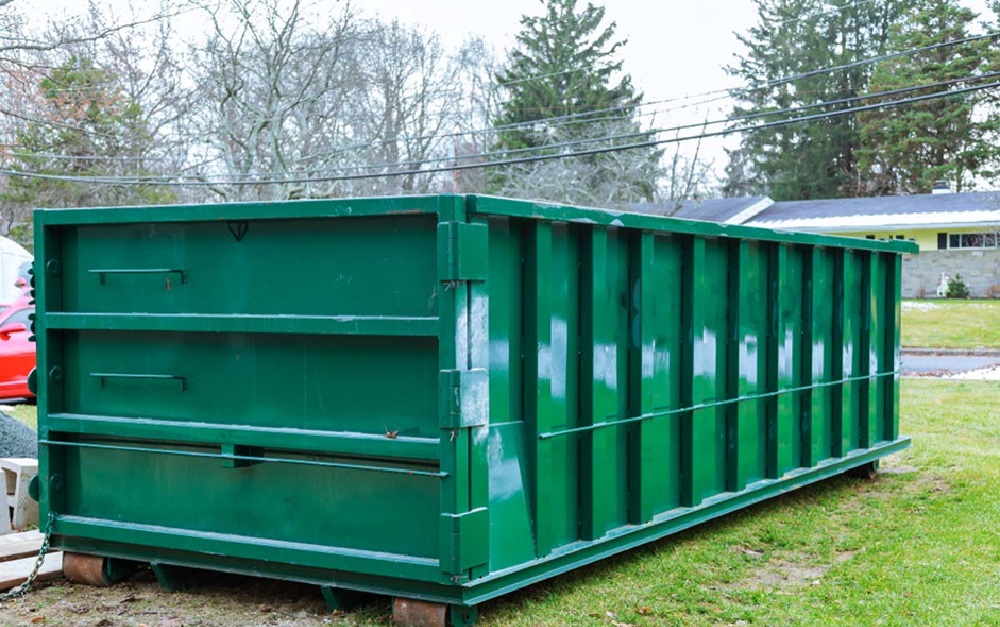Dumpster rentals are an essential service for managing waste during large cleanouts, renovations, or construction projects. Whether you’re decluttering your home or handling debris at a worksite, knowing how dumpster rentals work can save you time, money, and stress. This guide provides all the information you need to make a smart choice when renting a dumpster.
What is a Dumpster Rental?
Dumpster rentals is a service that supplies a large container for disposing of significant amounts of waste. These containers are suitable for various types of waste, such as construction debris, household junk, or yard waste.
When you rent a dumpster, the company delivers it to your location, allowing you to fill it at your own pace. Once you’re done, the provider picks up the container and disposes of its contents, making waste management simple and efficient.
Types of Dumpsters
Different types of dumpsters are available to cater to specific needs. Roll-off dumpsters are the most popular choice for residential and commercial projects. Delivered on wheels, they can be easily positioned at your site. Front-load dumpsters are more common for businesses that require regular waste collection.
They feature a hinged front door for easy loading. Another option is the compactor dumpster, designed for commercial use where waste needs to be compressed to save space. For construction or renovation projects, construction dumpsters are specifically built to handle heavier materials like bricks and concrete.
Choosing the Right Size Dumpster
Selecting the correct dumpster size is important to avoid paying for unused space or running out of capacity. For smaller cleanouts or minor renovations, a 10-cubic-yard dumpster is usually sufficient. Medium-sized projects, such as garage cleanouts or small remodels, may require a 20-cubic-yard container.
For larger renovations or construction sites, a 30-cubic-yard dumpster is a better choice. Major construction jobs or large commercial projects often call for a 40-cubic-yard dumpster. If you’re unsure about the size you need, the rental company can help you decide based on your project’s scope.
Understanding Rental Terms
Before finalizing your rental, it’s essential to understand the terms of the agreement. Rental periods vary, ranging from a few days to several weeks, depending on your needs. Discuss the duration with the provider to ensure flexibility. Be mindful of weight limits, as exceeding them can result in additional fees.
Some items, such as hazardous materials, electronics, or certain appliances, are often prohibited. Always check with the rental company for a detailed list of restrictions. Additionally, inquire about delivery and pickup fees to avoid unexpected costs.
Preparing for Your Dumpster Rental
Proper preparation ensures a smooth rental process. Start by choosing an accessible location for the dumpster, such as a driveway or a clear spot on your property. Make sure the area is free from obstructions and has enough space for delivery and pickup.
Check local regulations, as some areas require permits for placing dumpsters on streets or sidewalks. Before the dumpster arrives, organize your waste into categories, such as recyclables, non-recyclables, and hazardous materials, to make loading more efficient.
Tips for Using a Dumpster Effectively
To maximize your dumpster’s capacity, break down large items like furniture or boxes. This will help you fit more waste into the container. Place heavier items at the bottom to create a stable base, then add lighter items on top.
Avoid overfilling the dumpster, as contents exceeding the rim can result in extra charges and safety hazards during transport. By managing your space wisely, you can reduce costs and streamline the waste disposal process.

